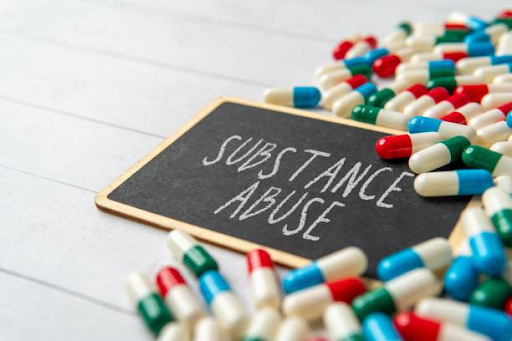Family Violence Intervention Programs (FVIPs) are designed to help family violence offenders change their behavior and take responsibility for their actions. These programs aim to create safer homes and healthier relationships by supporting both victims and abusers. In Atlanta, FVIPs play an important role in the justice system, giving offenders tools to prevent future violence while promoting family safety.
Here’s a closer look at how these programs work, who they help, and why they matter.
What is a Family Violence Intervention Program?
The main goal of a family violence intervention program is to rehabilitate offenders and reduce domestic violence. These programs dig into the root causes of abusive behavior, holding participants accountable while teaching them healthier ways to cope.
Offenders learn to recognize harmful patterns, develop better communication skills, and manage their emotions more effectively. The ultimate aim is to help them make lasting changes that protect their families and the community.

How Do These Programs Work?
FVIPs typically run for about 24 weeks. Participants attend structured sessions that can include group discussions, individual counseling, and workshops. Topics often cover:
- Anger management
- Conflict resolution
- Understanding power and control dynamics
These sessions are led by trained professionals who guide participants through tough conversations and practical exercises. Certified facilitators ensure the environment is safe, respectful, and focused on positive change.
Key Features of a Family Violence Intervention Program
Here’s what you can expect from an FVIP:
- Behavior Assessments: Offenders undergo a detailed evaluation to identify the causes of their actions.
- Education and Skills Training: Sessions focus on understanding the effects of violence and learning non-violent coping strategies.
- Monitoring Progress: Facilitators track participants’ improvement to ensure they stay on the right path.
Many programs also connect participants with extra resources like mental health support or substance abuse counseling when needed. This holistic approach ensures offenders address all aspects of their behavior.
Enrolling in a Family Violence Intervention Program in Atlanta
To enroll in an FVIP in Atlanta, offenders are usually referred through courts, probation officers, or law enforcement. The process involves:
- Referral: A legal requirement or recommendation to join the program.
- Intake Assessment: An initial review to determine eligibility and the level of support needed.
- Enrollment: Commitment to attending and completing the program as outlined.
Why Certification Matters
Programs certified by the Atlanta Commission on Family Violence meet strict standards. Certification ensures that:
- Facilitators are well-trained in domestic violence issues.
- The curriculum follows best practices for behavioral intervention.
- Programs are continuously reviewed and improved.
Certified programs give offenders the best chance for real rehabilitation, making them more effective at reducing violence.
Types of Support Available
FVIPs offer a variety of support to help participants make positive changes. Some of the most common include:
- Group Therapy: Offenders share experiences, hold each other accountable, and learn from peers in a supportive setting.
- Individual Counseling: One-on-one sessions address personal issues like trauma or mental health concerns.
- Extra Resources: Many programs provide referrals for legal help, housing, or employment training to help offenders rebuild their lives.
By offering tailored support, these programs address the needs of participants and help them stay on track.
Why Choose a Certified Program?
Enrolling in a certified FVIP can make a big difference. Participants benefit from evidence-based strategies that focus on real change. Certified programs also create a structured environment that fosters accountability and trust. For offenders ready to take responsibility, these programs provide a clear path to healthier relationships and safer communities.
Stories of Success
Many who complete certified FVIPs describe the experience as life-changing. They share how the program helped them understand the impact of their actions and improve their relationships. These success stories highlight the value of these programs and their role in building a culture of accountability and healing.

Final Thoughts
Family Violence Intervention Programs are more than just a legal requirement; they’re an opportunity to make real, lasting changes. These programs help offenders take responsibility for their actions, learn healthier behaviors, and create safer, more stable relationships. By addressing the root causes of violence and offering structured support, FVIPs play a vital role in promoting safer homes and healthier communities.
If you or someone you know needs professional support, Atlanta Treatment Center is here to help. We specialize in family violence intervention programs designed to create meaningful change. With certified facilitators, proven methods, and a compassionate approach, we empower participants to rebuild their lives and foster positive relationships.
Don’t wait—contact Atlanta Treatment Center today to take the first step toward a brighter future. Let’s work together to create safer families and stronger communities










